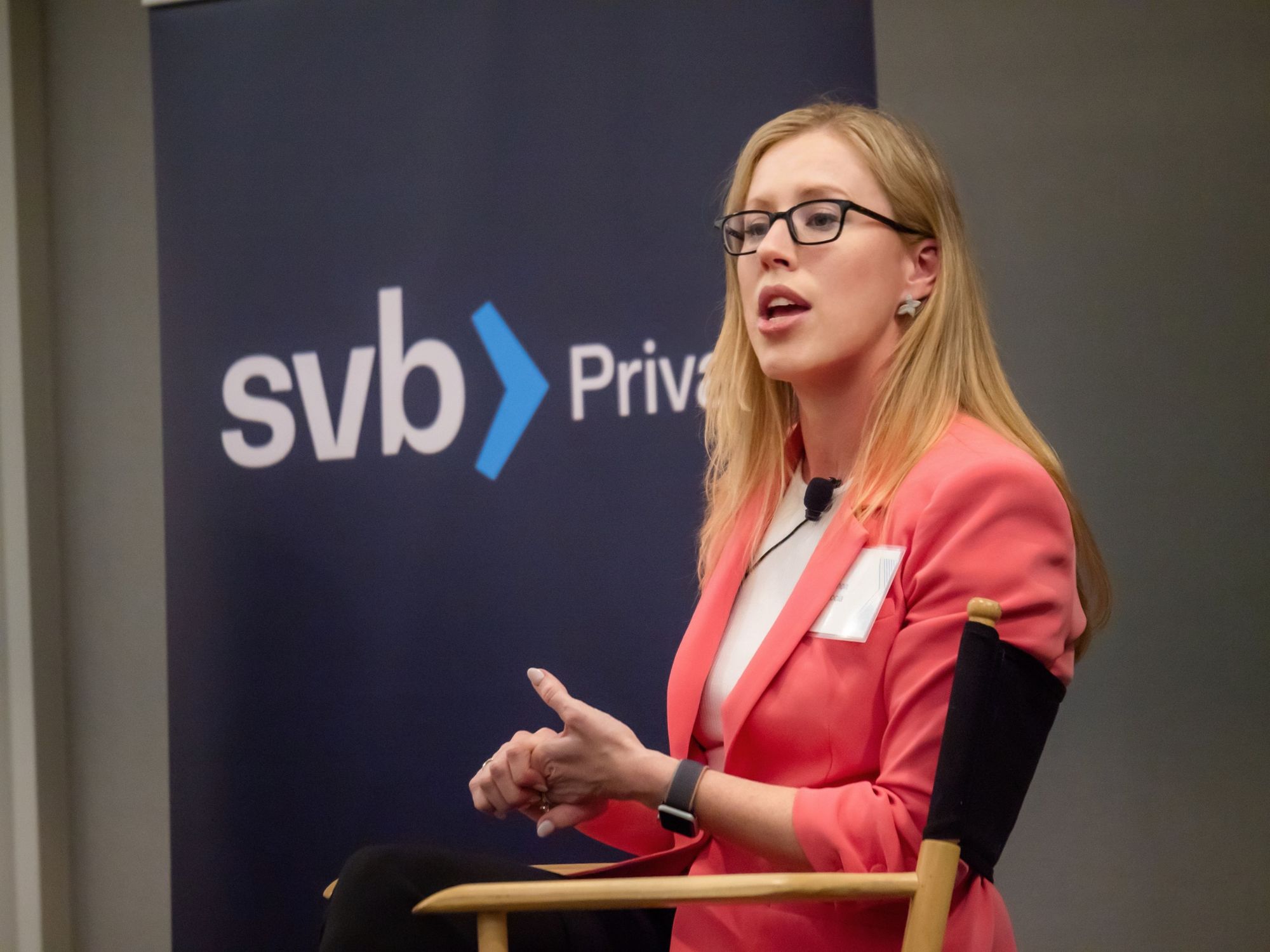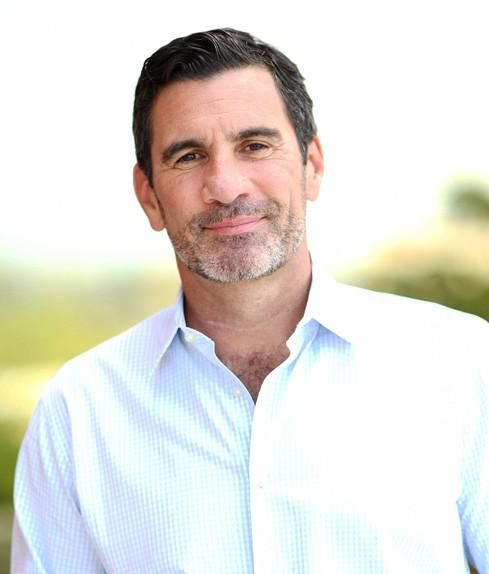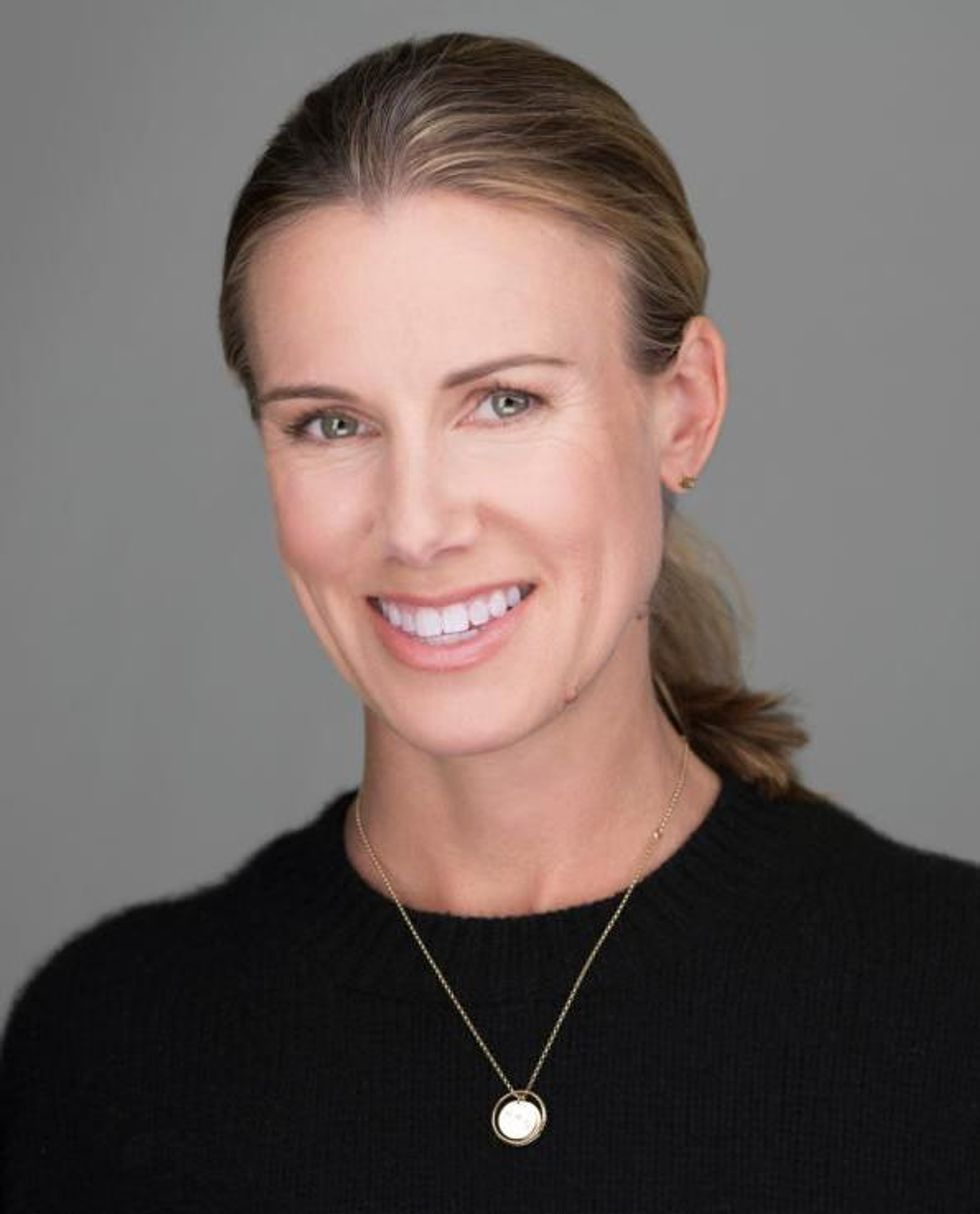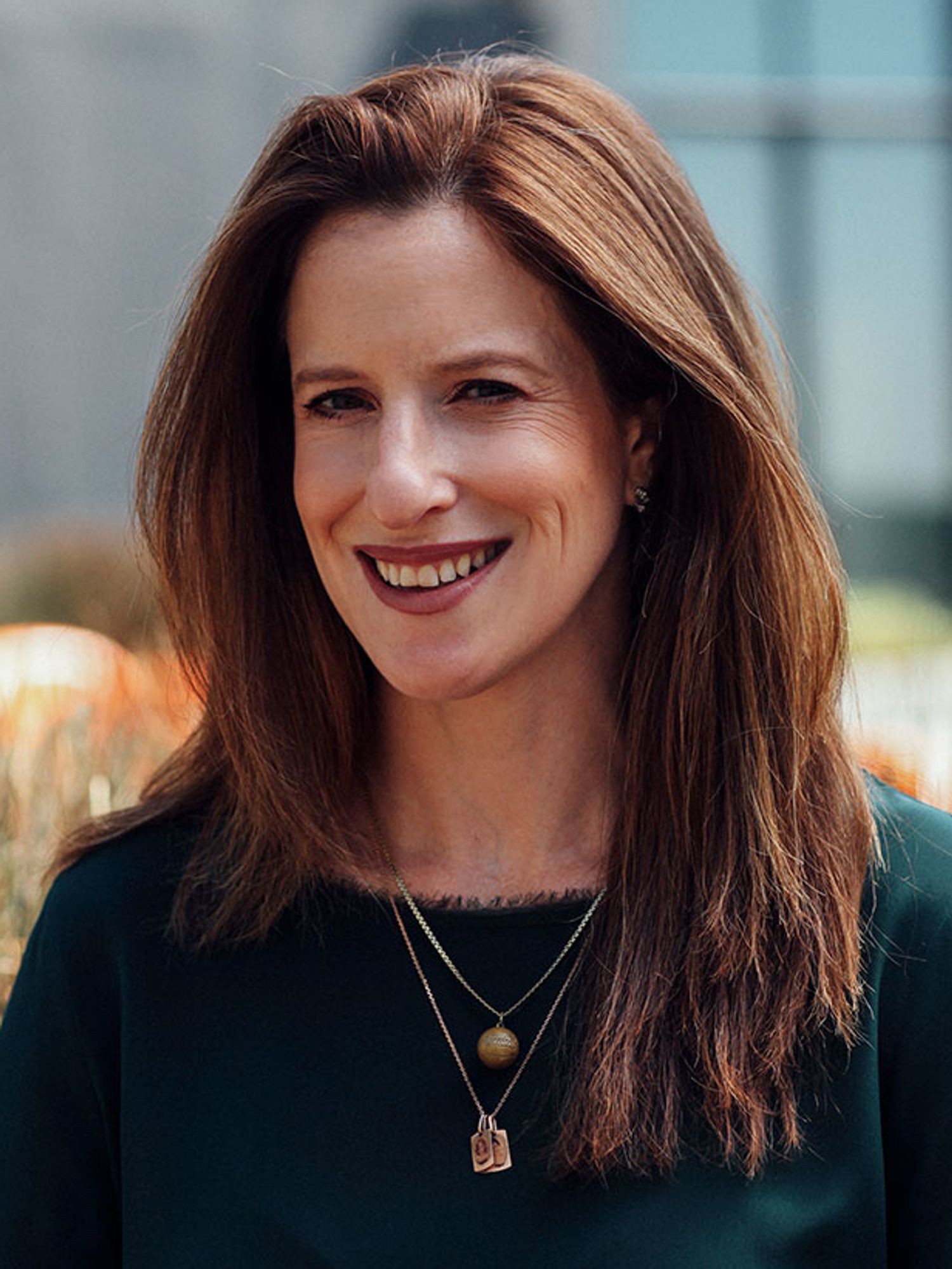
SVB: What Startup Founders Could Expect From the Market in 2023
The economy is reeling from inflation. Supply chains are dislocated. The effects of the pandemic linger as the economy dips toward a recession. Caught in the middle of it all, startups and companies of all sizes are scrambling to react.
But what does all this mean for startups and founders? As chief investment officer of SVB Private, Shannon Saccocia spends her time helping startups, founders and executives make sense of economic conditions. During a fireside chat in January, Saccocia broke down the factors leading to the market downturn, outlined what to expect moving into 2023, and estimated which industries might prove to be a dark horse.
The road to recovery
The global macroeconomic environment could face a long road to recovery. Some economists are expecting recessionary indicators to last through 2024, and the Federal Reserve is predicting a continued and broad slowdown in the overall US economy.
While layoffs at tech giants such as Google, Microsoft and Salesforce have made headlines, Saccocia believes there are true bright spots in the innovation economy.
“The Fed is projecting a year from now that unemployment will be four and a half percent. That’s 1.2 million jobs lost. So it's going to have to come from other places besides technology and financial services,” said Saccocia. For this reason, she believes a broader slowdown would likely ripple across the economy — rather than stay localized in the tech/startup ecosystem.
While choppy market conditions will create some hesitancy among investors, it won’t completely dry up funding because high net-worth individuals, family offices, pensions and venture capital firms still have commitments to deploy sidelined capital, said Saccocia.
Private investors will continue to be attracted to truly innovative and disruptive businesses. However, investors are prioritizing startups with strong unit economics and a path to profitability, even for early-stage and growth-stage companies, in order to make up for muted returns over the past several quarters. Free cash flow is here to stay, according to Saccocia.
But as the equity markets start to stabilize, the IPO market could open up as well, said Saccocia, who predicts that investor interest in public offerings could start to tick up as early as the beginning of 2024. Prior to that, she expects to see strategic acquisitions in the M&A market.
Provided the Federal Reserve can counter inflation and investors begin deploying money back into the market, economic recovery could begin as soon as the first few quarters of 2024, said Saccocia, but that doesn't mean all industries will bounce back or benefit equally.
Some industries may rise from the ashes faster
Even as markets improve, it won’t be across the board. “It’s not necessarily going to be a rising tide lifting all boats in the first half of 2024,” said Saccocia. “I think it will be selective.”
The industries best poised to benefit over the coming quarters are those in areas such as cybersecurity, aerospace and defense, which have become more sought-after in an uncertain geopolitical environment.
The opportunities for cybersecurity startups are especially promising to Saccocia. In her view, the total addressable market for cybersecurity companies is “virtually unlimited” if this new phase of geopolitical activity continues.
Similarly, other areas critical to national security, such as the pharmaceutical or semiconductor industries, may increasingly move back onshore as global supply chains continue to struggle while tension between nations grows more precarious.
Other sectors that will likely remain stable include e-commerce and consumer products. While e-commerce demand has slowed since the pandemic, the sector will continue to be important to investors, said Saccocia. The consumer products space should also do well because of the consistency of consumer spending.
Consumerism is the backbone of the American economy, and it will likely stay resilient through economic fluctuations. This is demonstrated by the most recent University of Michigan consumer sentiment index that hit an eight-month high (as of December publication).
“The good thing about being in the consumer space is that consumers always spend money,” said Saccocia. “They may spend a little bit less when they're less confident, but it is the backbone of the US economy.”
Los Angeles-based startups in particular could benefit as the market improves. Not only does Los Angeles have a strong consumer products market, but the city is also home to a number of industries that could benefit from increased government spending.
Buoyed by giants like Northrop Grumman and SpaceX, Los Angeles has a thriving aerospace and defense market, and is the heart of the electric vehicle market, which could rebound with increased federal spending and consumer tax incentives. Additionally, President Biden’s Infrastructure Law could present vast opportunities for the manufacturing and construction industries — other areas where Los Angeles is uniquely strong.
A renewed focus on maximizing margins
Regardless of industry or location, startups of all sizes will need to maintain an intense focus on profit margins.
While investors understand that not much can be done in the current market environment to expand margins, that doesn’t mean companies are entirely off the hook. Investors may still expect to see margin improvement within the next two to four years, said Saccocia, and the path to profitability is king.
To improve margins, many startups are already reducing spending, renegotiating vendor agreements and being more thoughtful about marketing expenses, according to SVB’s Q4 earnings report. Maintaining this kind of financial discipline can help startups strategize for long-term success, and startups in LA are uniquely positioned to exit this economic cycle with strength.
To learn more about SVB’s distinct insights into the venture markets, read our signature reports and check out industry guidance for startup founders.
Disclaimer: All non-SVB named companies are independent third parties and are not affiliated with Silicon Valley Bank or SVB Financial Group.
The views expressed in this column are solely those of the author and do not reflect the views of SVB Financial Group, or Silicon Valley Bank, or any of its affiliates. This material, including without limitation the statistical information herein, is provided for informational purposes only. The material is based in part upon information from third-party sources that we believe to be reliable, but which have not been independently verified by us; and, as such, we do not represent that the information is accurate or complete. You should obtain relevant and specific professional advice before making any investment or other decision. Silicon Valley Bank is not responsible for any cost, claim or loss associated with your use of this material.
- SoCal Venture Pipeline's Plans to Match Less-Connected Startups with Series A Funds ›
- Prediction: AI Is Just Getting Started. In 2023, It Will Begin to Power Influencer Content ›
- LA VCs Predict: What's In Store for 2023 ›
- Explaining the Silicon Valley Bank Shutdown - dot.LA ›
- What the Collapse of SVB Means for These SoCal Companies - dot.LA ›
- Here Are the Culprits in the Silicon Valley Bank Mess - dot.LA ›
- Will the SVB Collapse Change How Startups Do Business? - dot.LA ›
















 Image Source: Skyryse
Image Source: Skyryse